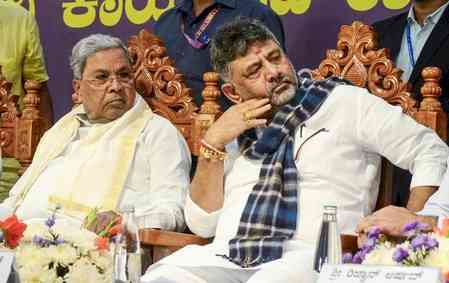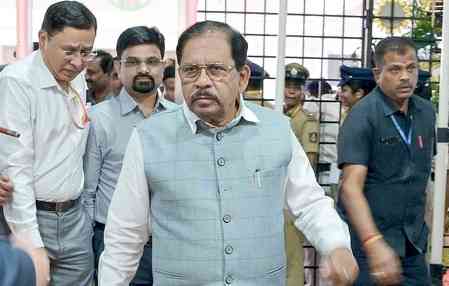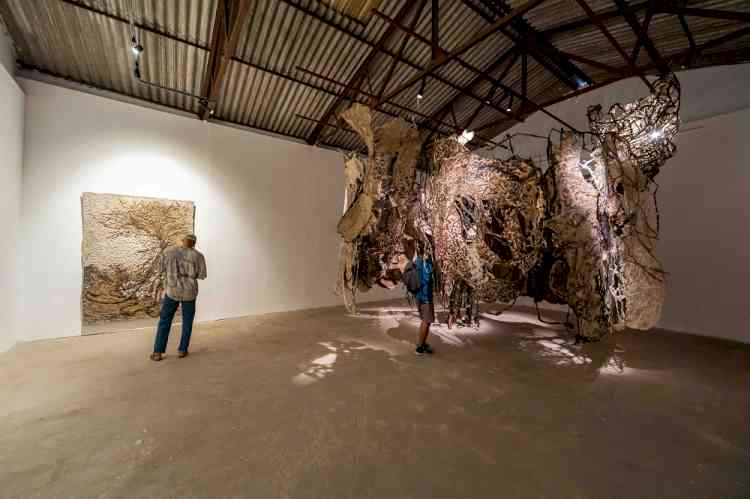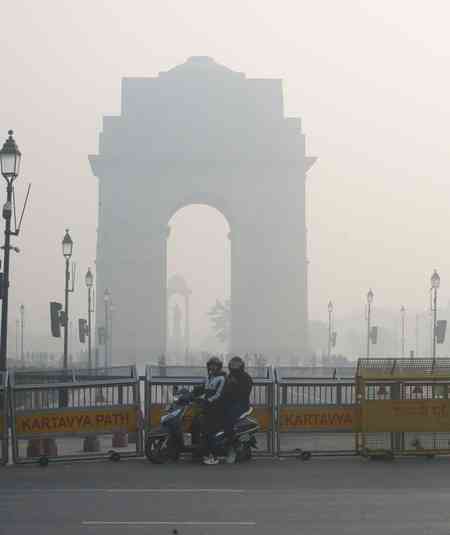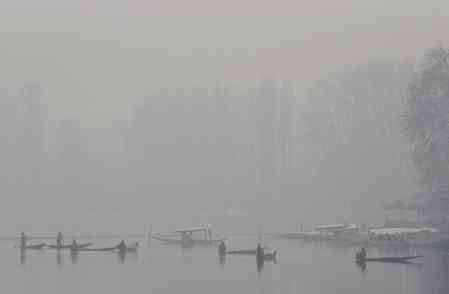For over 4 months, Manipur’s Churachandpur district still remains 'tensed'
Manipur’s Churachandpur district, which abuts Mizoram and Myanmar and was one of the most worst-hit in the recent violence, is still a “tensed place” since early March and both the Chief Minister and the Manipur Human Rights Commission (MHRC) Chairperson were unable to visit it while Congress leader Rahul Gandhi also faced a challenge in going there on his recent trip.
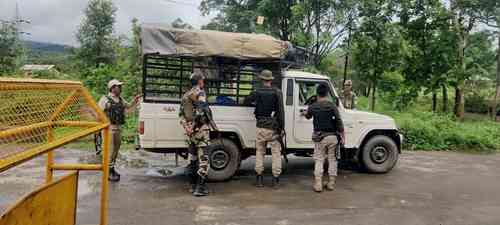
By Sujit Chakraborty
Imphal, July 14 (IANS) Manipur’s Churachandpur district, which abuts Mizoram and Myanmar and was one of the most worst-hit in the recent violence, is still a “tensed place” since early March and both the Chief Minister and the Manipur Human Rights Commission (MHRC) Chairperson were unable to visit it while Congress leader Rahul Gandhi also faced a challenge in going there on his recent trip.
MHRC Chairperson, Justice Utpalendu Bikas Saha (retd), had to cancel his visit to Churachandpur district on Saturday for the second time as the police informed the Commission that the “situation is tensed” there, commission sources said on Friday.
As per MHRC sources, the police authority told the rights panel that the Commission Chairperson may visit the Churachandpur district “when the situation in the district is normalised”.
MHRC sources said that Justice Saha, a former judge of the Gauhati and Tripura High Court Judge, was keen to visit Churachandpur to meet the ethnic violence affected people, civil society organisation (CSO) and students on Saturday.
Tribal-dominated Churachandpur district is one of the worst violence-hit areas among the 16 Manipur districts.
According to official documents, people belonging to the Meitei community were the majority in the district since princely rule (Manipur joined the Indian Union in September 1949) but subsequently Kuki tribals in large numbers started living in the mountainous areas.
Recently cash, amounting to at least Rs 1.25 crore along with gold ornaments estimated to be valued at over Rs 1 crore in addition to a computer, were reportedly stolen from an Axis Bank branch in Churachandpur. The branch was closed since May 4 over ethnic violence in the state and the burglary was detected when it was reopened on July 10.
Congress leader Rahul Gandhi, accompanied by other leaders, was not allowed to visit Churachandpur by road on June 29 by police, citing law and order problems and his convoy was stopped in Bishnupur.
Next day, Gandhi visited the troubled district by helicopter and met displaced people who took shelter in various camps after the ethnic violence broke out in Manipur on May 3.
Meanwhile, tear gas shells were fired by police in front of the Bishnupur police station to disperse the women-led demonstrators, who shouted slogans demanding to allow Gandhi to visit the violence hit people in Bishnupur.
Before the ethnic violence in most parts of the state, there were ethnic troubles in Churachandpur district forcing Chief Minister N. Biren Singh to cancel his visit to the district on April 28 to address a meeting and to inaugurate an open gymnasium.
Unknown assailants set on fire the chairs, the venue and the open gymnasium a day before the Chief Minister’s visit.
On March 10, tribals organised protest rallies against the state government’s action to evict people from the reserve forests and protected forest and destruction of illegal poppy cultivation in three districts and the protest rallies were also allegedly backed by militants.
A peaceful protest turned violent in three districts -- Churachandpur, Kangpokpi and Tengnoupal in which five people were injured in these incidents.
The Indigenous Tribal Leaders' Forum (ITLF) and various other pro-tribal organisations had been spearheading protests and agitations against the state government's eviction drive from the protected and reserve forests.
The ITLF leaders said that they had submitted several memoranda to the state government expressing their grievances and apprehensions about the survey carried out by the government pertaining to reserve forests and protected forest, wetlands and wildlife, and the eviction of villagers.
Without making alternative livelihood measures and rehabilitation schemes for the tribals, destruction of poppy cultivation and eviction of tribals from the forest land were unwise, the ITLF leaders argued.


 IANS
IANS 

